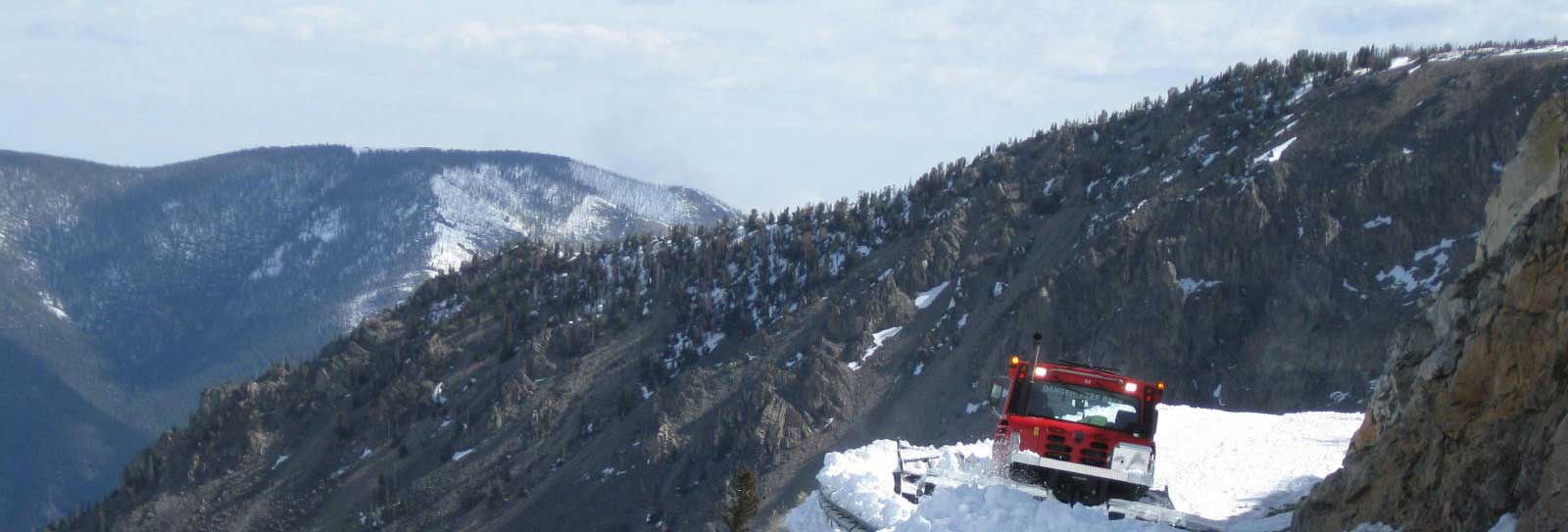Overview
The SMART grant program supports demonstration projects focused on advanced smart city/community technologies and systems in a variety of communities to improve transportation efficiency and safety. Projects should focus on using technology interventions to solve real-world challenges and build data and technology capacity and expertise in the public sector. $100 million have been appropriated for FY 2022-2026. The grant is divided into two stages: Stage 1 Planning and Prototyping Grants and Stage 2 Implementation Grants in which only recipients of Stage 1 grants are eligible for Stage 2 grants.
FY 2024 NOFO Release Date: May 13, 2024
FY 2024 Submission Date: July 12, 2024
For additional detailed information, please see the U.S. DOT SMART Grant Program Webpage .
FY 2022, 2023, and 2024 SMART Grant Applications Submitted by MDT
| Grant Application Name | Project Type | Grant Application Description | Approximate Amount Requested |
|---|---|---|---|
| FY 2024 Applications | |||
| Unmanned Aerial Systems (UAS) Hub | Stage 1 Planning | Develop and test a mobile road hazard monitoring system that uses UAS, sensors, and traffic signals to warn the traveling public of potential road hazards. This system will improve safety for travelers and improve maintenance of roads after weather events have occurred. | $1,970,000 |
| 27th St. Rail Crossing - Billings | Stage 1 Planning | This study would evaluate Intelligent Transportation Systems to identify potential use of an Excessive Delay Warning System that would alert the traveling public if there are delays from an on-going or anticipated railroad crossing event. | $1,550,000 |
| FY 2023 Applications | |||
| Improved Work Zone Traffic Performance from Advanced UAS-Enabled Technologies in Montana | Stage 1 Planning | Study the use of unmanned aerial systems (UAS) to determine the retroreflectivity of pavement marking and signs under normal and work zone traffic conditions. The project will also study UAS-enabled traffic monitoring of work zones and use UAS to monitor traffic conditions that contribute to traffic delays and congestion. | $1,920,000 |
| FY 2022 Applications | |||
| Deployment and Evaluation of Rural and Urban Automatic Traffic Signal Performance Measures in Montana | Stage 1 Planning | Develop, implement, and evaluate Automatic Traffic Signal Performance Measures (ATSPMs) and use data to plan for strategic deployment of ATSPM systems. | $379,500 |
| Improved Work Zone Traffic Performance from Advanced Unmanned Aerial Systems (UAS) Enabled Technologies in Montana | Stage 1 Planning | Collaborate with Michigan Technical University to use innovative UAS in work zones to determine the retroreflectivity of pavement marking and signs, monitor traffic delays and congestion, and live stream conditions to the Traffic Management Center (TMC). | $952,000 |
